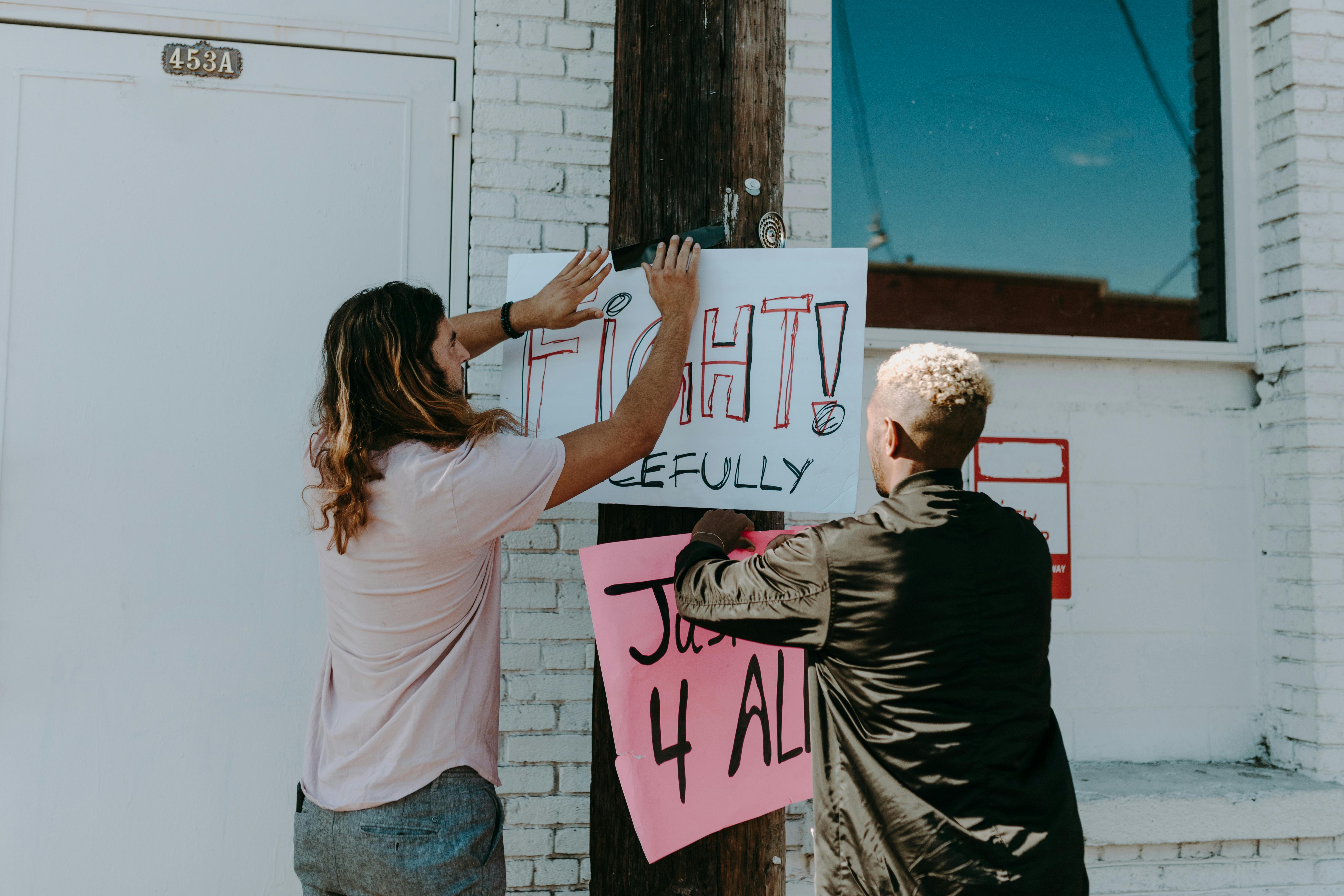Having an offshore bank account is one thing, using it is quite another.
Corporate account: When you have a corporate account, the money belongs to the corporation, not to you personally. When the corporation is an anonymous Panamanian corporation with bearer shares, your anonymity is even more protected as establishing ownership of the corporation is almost impossible, so you would have to see who is registered with the bank as the beneficial owner of the account. and this requires you to convince a court in Panama to open bank records (something that is rarely done) to reveal who the beneficial owner is. Even in the unlikely event that a court did this, it would be of little value since the money still belongs to the corporation. So if you had a financial enemy coming after you personally, you couldn’t transfer a personal debt to the corporation very easily. They would need to show that you transferred funds to the corporation to ensure that the debtors cannot recover the funds; it is called fraudulent transportation. Court cases related to this are far from simple, they are expensive and time consuming and can take years to be heard in court. When wire transfers are sent to an anonymous Panama bearer share corporation, no one knows who owns the corporation, so they don’t know which individuals actually receive the funds. When transferring funds to your Panama corporate bank account, it is not revealing in terms of what the transfer is for compared to transferring money to a personal account. The Panama Corporation Anonymous adds a nice thick layer of privacy protection.
ATM cards: When you open a bank account in Panama, you can usually get an ATM card valid for cash withdrawals from ATMs around the world. These ATM cards will have your name on them and can be associated with the bank you are using. Some people get an ATM card from another, unrelated financial institution. These cards generally do not have a name printed on them, which immediately adds to the protection of your privacy. These cards also leave no trace to your real bank. Money can be transferred to the wired ATM card from your Panama account or other bank account and then withdrawn as needed. Some people like to use these cards to cover corporate expenses like travel, entertainment, and other business expenses. ATM card purchase usually requires a copy of a passport.
Visa and MasterCard debit cards – See it here. This can be a real privacy violator. The United States recently obtained a large number of MasterCard records through a court order served on MasterCard in Miami. This could happen again. The most private way to do this is to get a Visa or MasterCard debit card from another bank, not your Panama bank. You load the card by transferring funds to the card from your bank in Panama. This removes any link the card has to your real bank account. The card must come from an issuing bank in a country with bank secrecy. The way these programs work is that Visa and MasterCard don’t know who the real cardholder is: they don’t have date of birth, address, tax identification number, etc. only the issuing bank has this information as they require a copy of the passport and a physical address to send the card. Therefore, a subpoena to MasterCard or Visa would produce very little, and since the bank is in a bank secrecy country, this route will be a lengthy and onerous process that is unlikely to go through and could only be pursued. by a government criminally. affair. You want to use a country where address verification is not set up on debit cards or use a mailing/billing address for the card in another country where you have a trusted mailbox. This further protects your privacy and, of course, is a convenient way to guard against any potential identity theft associated with using your debit card at a restaurant, store, online, etc.
Phone Records – If you need to call your offshore bank, consider using an anonymous prepaid cell phone so there is no record of any calls to the bank on your phone bill. Private detectives in the US can easily obtain copies of phone bills. An experienced divorce or collections attorney will look for international calls to isolate an offshore bank.
Online Banking – This is a great feature. Eliminate sending statements to the home or office. Who knows who records these statements that are sent by mail or worse, reads them, remember that you could be a terrorist. Remember that your ISP is a privacy nightmare. They are generally unregulated, unlicensed, and may be owned by criminals, child molesters, or whatever. These people can collect all your internet transactions, read them and save them forever. Rest assured, all the big ISPs like MSN, AOL, ATT, COMCAST will keep their log files forever, showing every website you visited, every file downloaded, every email sent and to whom, etc. Don’t assume they would need a court order to distribute this data, read their terms of service agreement and prepare to be surprised. Now, why should they know which online offshore bank you log into? So how do you stop it? You use an anonymous internet service provider. You log into the internet then you log into your VPN which encrypts all internet traffic going from your computer to your server and now your log files are basically encrypted and your ISP just has log files incomprehensible except you know that you are connected to the anonymous Internet. supplier but has no idea what he did or where he went.
Make sure the anonymous internet provider does not keep log files or only for a few days to track hackers, spammers, etc. Never dial your bank online. Store your passwords in an encrypted password folder. Use a hard drive cleaner as an evidence remover to erase tracks, visited places, image files, cookies, download logs, etc. that saves Windows. To protect from Trojans, attacks, etc. use an anti-spyware program such as spyware doctor and Norton antivirus. Don’t trust just one of them. If you get a keylogger or Trojan, it can capture your passwords and they can steal your online bank account. Additional measures are an app-based firewall, so if a Trojan gets in, you won’t be able to call home without you manually giving the new app permission to connect to the Internet, and a wireless router that uses encryption. All of these steps should keep you safe if you keep them up to date and activated; it’s better if someone else gets your passwords.



